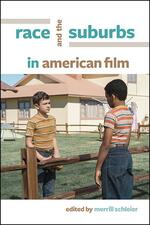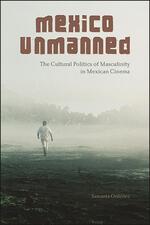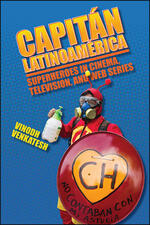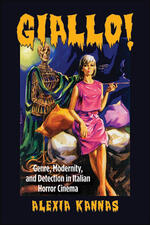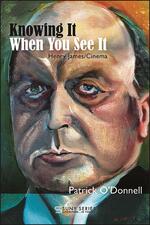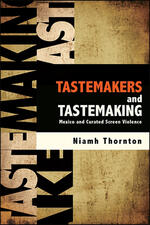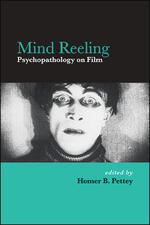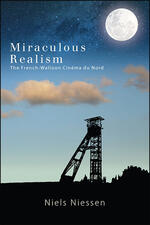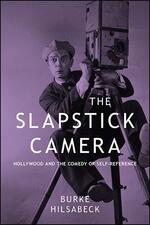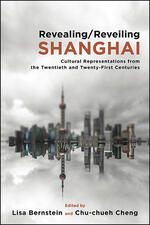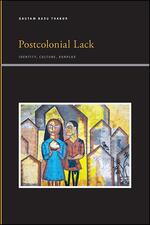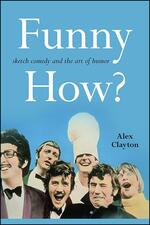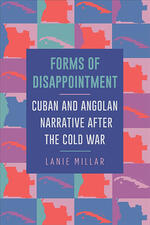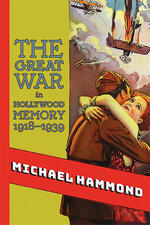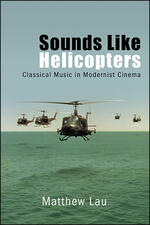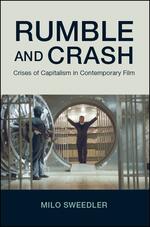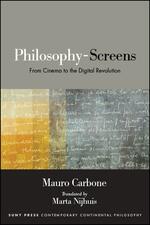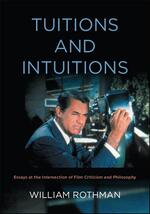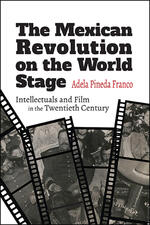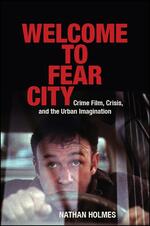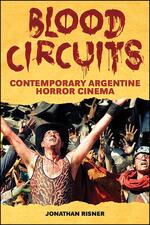Film Studies
Race and the Suburbs in American Film
Explores how suburban space and the body are racialized in American film.
Mexico Unmanned
Demonstrates how transhistorical myths of masculinity are both perpetuated and challenged in recent Mexican cinema.
Capitán Latinoamérica
Analyzes contemporary superhero-themed cinema, television, and web series in Latin America.
Giallo!
Traces the giallo mystery/horror genre from its genesis in Italian cinema of the 1960s and 1970s to its contemporary place in the global cult-film canon.
Knowing It When You See It
Lively analysis of how Henry James's fiction anticipates later filmmakers' concerns with what we can see and what we can know.
Tastemakers and Tastemaking
Considers how and why taste persists in the analysis of Mexican film and television by looking at key figures and their impact on the curation of violence.
Mind Reeling
Across a variety of genres, shows how mental disorders are depicted in cinema.
Miraculous Realism
An authoritative study of this postsecular film movement from the French-Belgian border region that rose to prominence at the turn of the twenty-first century.
The Slapstick Camera
Demonstrates that slapstick film comedies display a canny and sometimes profound understanding of their medium.
Revealing/Reveiling Shanghai
Examines Shanghai both as a real city and an imaginary locale, from diverse cultural and disciplinary perspectives.
Postcolonial Lack
Examines representations of surplus enjoyment in postcolonial literature and film to focus on self-other relations rather than difference.
Funny How?
Uses comedy skits, from Monty Python to Key and Peele, to probe how humor works.
Letters from Hollywood
Engaging essays on a wide spectrum of Hollywood directors and the films they created.
Brute Force
Considers how dangerous beasts in horror films illuminate the human-animal relationship.
Cinematic Skepticism
Drawing on the film-philosophies of Stanley Cavell and Gilles Deleuze, argues that skepticism is an ethical problem that pervades contemporary film.
Forms of Disappointment
Analyzes parallel developments in post–Cold War literature and film from Cuba and Angola to trace a shared history of revolutionary enthusiasm, disappointment, and solidarity.
The Great War in Hollywood Memory, 1918-1939
Assesses how America's film industry remembered World War I during the interwar period.
Sounds Like Helicopters
Explores how modernist films use classical music in ways that restore the music’s original subversive energy.
From El Dorado to Lost Horizons
Investigates how musicals, war films, sex comedies, and Westerns dealt with contentious issues during a time of change in Hollywood.
Rumble and Crash
Analyzes six films as allegories of capitalism’s precarious state in the early twenty-first century.
Philosophy-Screens
Draws from twentieth-century French thought on film and aesthetics to address the philosophical significance of the pervasiveness of screens in contemporary technological life as well as the mutation of philosophy that such a pervasiveness seems to require.
Tuitions and Intuitions
Makes the case that philosophy has an essential role to play in the serious study of film.
The Mexican Revolution on the World Stage
Explores the wide-ranging impact of the Mexican Revolution on global cinema and Western intellectual thought.
Welcome to Fear City
Analyzes how location-shot crime films of the 1970s reflected and influenced understandings of urban crisis.
Blood Circuits
Examines how recent Argentine horror films engage with the legacies of dictatorship and neoliberalism.
